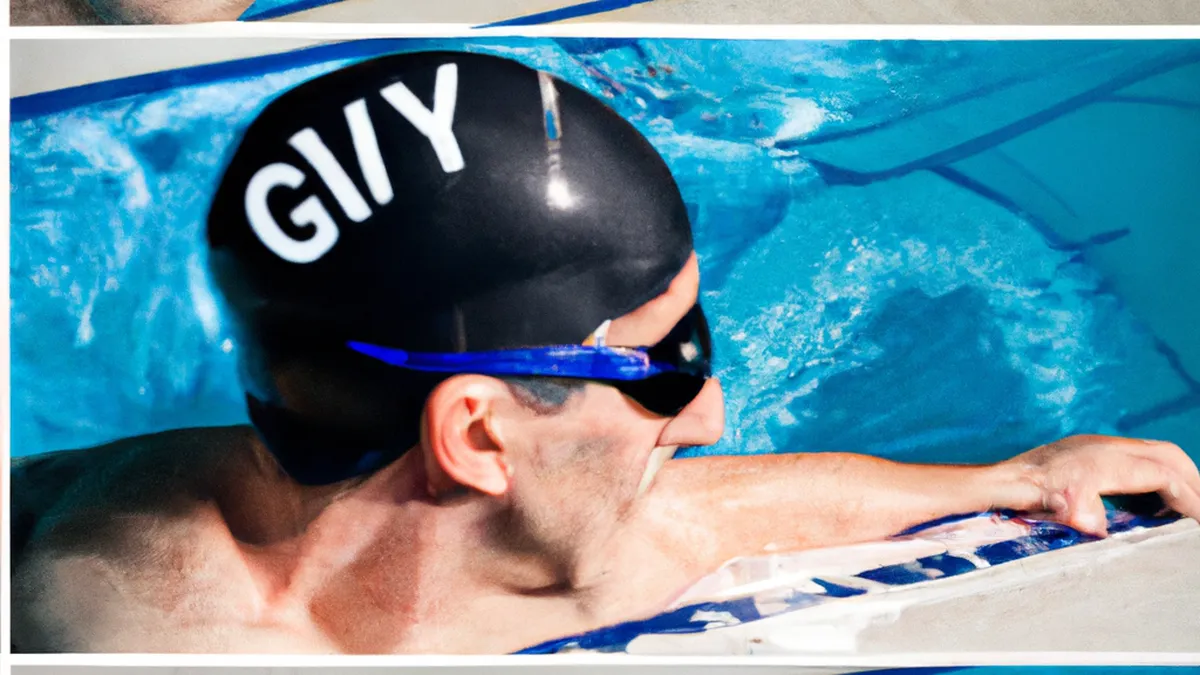Naps: The Endurance Athlete’s Best Friend
Sleep Strategies for Endurance AthletesSleep is vital for health and wellness, especially for endurance athletes. Quality sleep aids recovery, boosts performance, enhances mental clarity, and prevents injuries. Endurance athletes experience significant training stress, so prioritizing sleep is essential. This article explores effective sleep strategies for endurance athletes to reach their full potential.
Understand Your Sleep Needs
Every athlete has unique sleep requirements. Recognizing your needs is the first step to better sleep. Most adults need 7 to 9 hours of sleep nightly, but endurance athletes often require more. Research indicates that additional sleep can improve recovery and performance.Start by assessing how you feel after varying sleep durations. Monitor your energy levels, mood, and training performance. This self-awareness helps you determine your ideal sleep needs and adjust your schedule accordingly.
Monitor Your Sleep Patterns
Tracking your sleep patterns provides insights into rest quality. Use a sleep app or maintain a sleep journal. Record your bedtime, wake-up time, and morning feelings. Over time, you may notice trends linked to your training cycles or specific events. This awareness empowers you to adjust and enhance sleep quality.
Create a Sleep-Inducing Environment
As an Amazon Associate I earn from qualifying purchases.
Gear tip: consider white noise machine, blue light blocking glasses, and cooling pillow to support this topic.
Your sleep environment significantly affects rest quality. Create a sanctuary that promotes relaxation and sleep. Consider these factors:- **Lighting:** Use blackout curtains to block external light. Dim home lights as bedtime approaches to signal winding down.- **Noise:** Use a white noise machine or earplugs to block disruptive sounds. A quiet environment is essential for deep sleep.- **Temperature:** Keep your bedroom cool, ideally between 60 to 67 degrees Fahrenheit (15 to 19 degrees Celsius). A cooler environment enhances sleep quality.- **Comfort:** Invest in a comfortable mattress and pillows for support. Proper bedding can greatly improve sleep.
Establish a Consistent Sleep Routine
Consistency is vital for healthy sleep habits. Set a regular bedtime and wake-up time, even on weekends, to regulate your internal clock. This routine helps you fall asleep faster and improves overall sleep quality.
Wind Down Before Bed
A pre-sleep routine signals your body to relax. Engage in calming activities like reading, gentle stretching, or mindfulness. Limit screen exposure for at least an hour before bed. The blue light from devices disrupts melatonin production.
Conclusion
Prioritize sleep for better performance and recovery. Implement these strategies to enhance your sleep quality and overall athletic potential.
Below are related products based on this post:
FAQ
Why is sleep important for endurance athletes?
Sleep is essential for health and wellness, particularly for endurance athletes. It aids recovery, boosts performance, enhances mental clarity, and helps prevent injuries. Prioritizing sleep is crucial due to the significant training stress these athletes experience.
How many hours of sleep do endurance athletes need?
Most adults require 7 to 9 hours of sleep per night, but endurance athletes often need more. Research shows that additional sleep can lead to improved recovery and performance. Assessing individual sleep needs is important for maximizing athletic potential.
What factors should I consider when creating a sleep environment?
To create a sleep-inducing environment, focus on lighting, noise, temperature, and comfort. Use blackout curtains to block light, consider white noise machines for sound control, maintain a cool room temperature, and invest in a comfortable mattress and pillows. These elements significantly affect sleep quality.















Post Comment